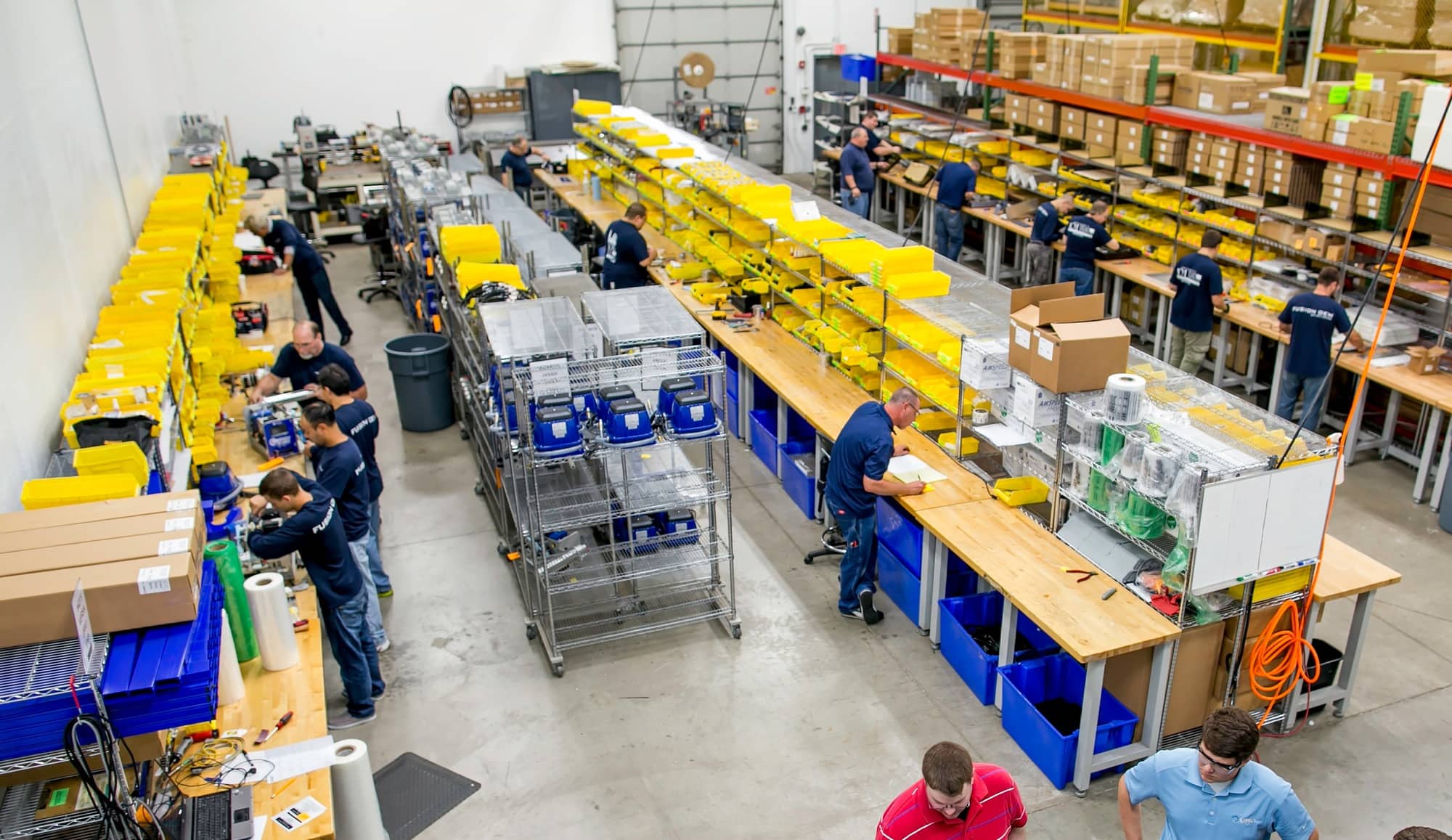You went into your last job interview fully prepared to answer a plethora of possible questions. Then, at the end of the interview, you were asked, “Do you have any questions for me?”
Your mind went blank. You stammered a bit, then said, “Well…nothing that I can think of.”
Oops. It’s important for you to ask the interviewer some questions about the job. Here’s why and how.
Why Do You Need to Ask Questions?
During your job search, it can be easy to get so focused on answering the employer’s questions that you forget about asking a few of your own. After all, you’re out of work and you need a job, and answering interview questions is part of the job search “game.”
But, that mindset can become a problem in the interview.
Employers don’t want to hire someone who simply needs or wants a job. Employers want to hire the person who is most qualified for, and most wants that particular job at that particular company.
By asking questions in a job interview, you will accomplish three important things:
-
You’ll show your qualifications and show curiosity about the job. Asking the right questions will demonstrate that you have the required expertise, and that you’re interested in how you’d use that expertise on the job.
-
You’ll show your interest in the employer. Asking about the company, work flows, or other questions about the organization will show your interest in working at that employer.
-
You’ll find out if the job and the company are right for you. Asking questions about goals and expectations for the job, about company culture, or about management styles will help you decide if the job and the company are a good fit for you. This, in turn, will help assure the employer that you’re concerned with being a good fit for the company.
Below are some questions you may wish to ask in your next job interview. Don’t feel that you need to ask every one of these questions. The questions you ask will depend on the particular job, as well as on what’s already been discussed in the interview.
Also, keep in mind that this list is not exhaustive, it’s mainly to get you thinking about good questions to ask. There are probably other questions that you’ll need or want to ask, depending on the situation.
What are the biggest challenges that I’d face in this position?
By asking this question you may discover certain problems the company or the department is having, problems you may be able to solve. On the other hand, the answer might lead you to reconsider taking the job.
What are the expectations and goals for this position in the first 30 days, 60 days, or year?
With this question, you show an understanding of the manager’s perspective on performance and goals, and that you have a desire to meet those goals.
What qualities are needed to excel in this role?
Questions like this may uncover things that were not mentioned in the job description, things like personality, character or values. Such insights can also help you get a sense of the company culture.
For this particular job, what’s the difference between a good performance and a great one?
This is a great question to ask because it will position you as someone who cares about doing the best possible job, rather than doing what’s merely good enough.
How will success in this position be measured?
Another great question which helps you appear conscientious and goal-oriented. The answer may shed light on what the hiring manager truly values and expects, and it can provide additional insight into what skills and experience are required to succeed.
How will this position be impacted by new products or services, or plans for growth?
With this question, you’ll need to have researched the company before the interview, to see what new product offerings or growth plans they have. By framing it with reference to the particular job, you’ll show that you’ve done the research and that you’re curious about how you’d fit into their plans.
How would you describe the company culture?
Is there a certain type of person who does very well here, or a type who tends not to do so well? Company culture can be an important factor in the company’s hiring decision, as well as in your own decision about whether or not to take the job. By asking about culture, you show that you’re aware of this, and that you care about making sure it’s a good fit.
What do you most enjoy about working here?
This question can help make a personal connection with the interviewer, and can give you insights into the company and the culture. On the other hand, if the interviewer struggles to answer the question, it could indicate that they’re unhappy working there.
Does the company offer opportunities for continuing education and professional development?
By asking this question, you’ll show that you’re interested in growing and developing in your new position, and acquiring new skills that will benefit the company.
How did this position come to be open?
With this question, you may learn that your predecessor left to go to another employer. By itself, that’s not necessarily a red flag; it happens at the best of companies. But if you’re getting other negative signals, then it could indicate something about the job, the company or your manager.
What is your management style?
This should prompt an answer, or even a conversation, about how your manager/supervisor works and what they expect from their subordinates in terms of communication, amount of freedom in daily tasks, or other considerations.
Do you have any concerns about my experience or qualifications?
This very direct question will show that you have confidence in your skills and abilities, but that you care about the interviewer’s assessment of you. It will also give you the opportunity to alleviate concerns they might have.
What is the typical career path for someone in this job?
This is a way for you to ask about opportunities for development or promotion. You need to be careful in how you approach this; you want to appear interested in staying with the company and growing within it. Otherwise, you risk appearing too anxious for a promotion or a raise.
Other, More Specific Questions
Depending on the industry, the particular job, and your own level of experience, you should also ask more specific questions, including things such as:
- Current systems/technologies in use
- New systems/technologies that may be on the horizon
- Size of budget and/or responsibility for budget
- Team-building or mentoring
- Amount of authority in carrying out responsibilities
For those questions to be most effective, they should demonstrate that you understand the industry or the occupation, and should show that you’re trying to learn how you’d be able leverage your experience in helping the company achieve its goals.
Good Interviews are a Conversation
An interview that goes entirely in one direction – they ask, you answer, they ask, you answer – is not a very dynamic interview. Obviously, you need to provide solid answers to all of the employer’s questions, but you also need to be engaged and interested, and you accomplish that by asking questions.
Like any good conversation you’ve ever had, questions and comments can come from both sides of the job interview. Just be sure you don’t dominate the interview by talking too much, or interrogating them with too many questions.
Asking appropriate questions will let the interviewer know that you care about the job, and will help you make sure that it’s the right job for you!
Need Help With Your Phone Interview Skills?
Our Job Search Boot Camp workshops will help you with key aspects of your job search, including two whole workshops on interviewing in person and on the phone.



